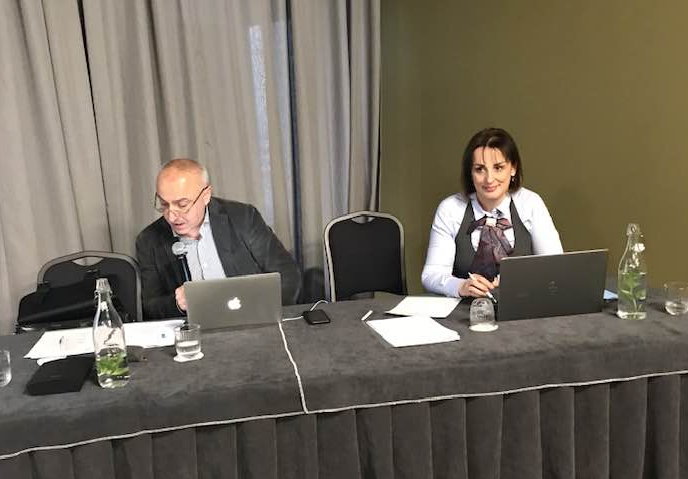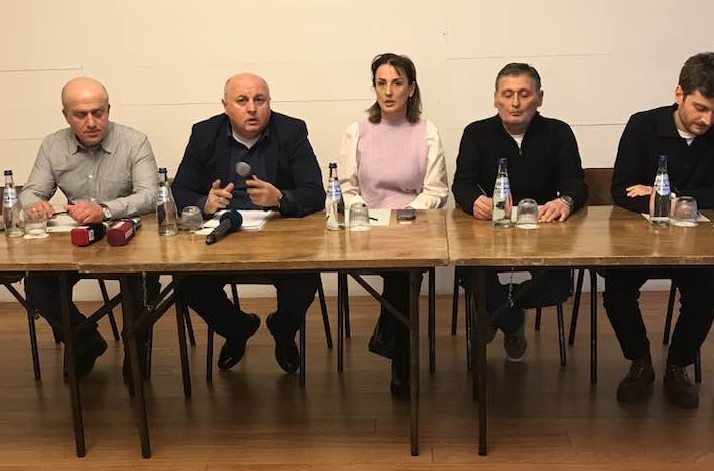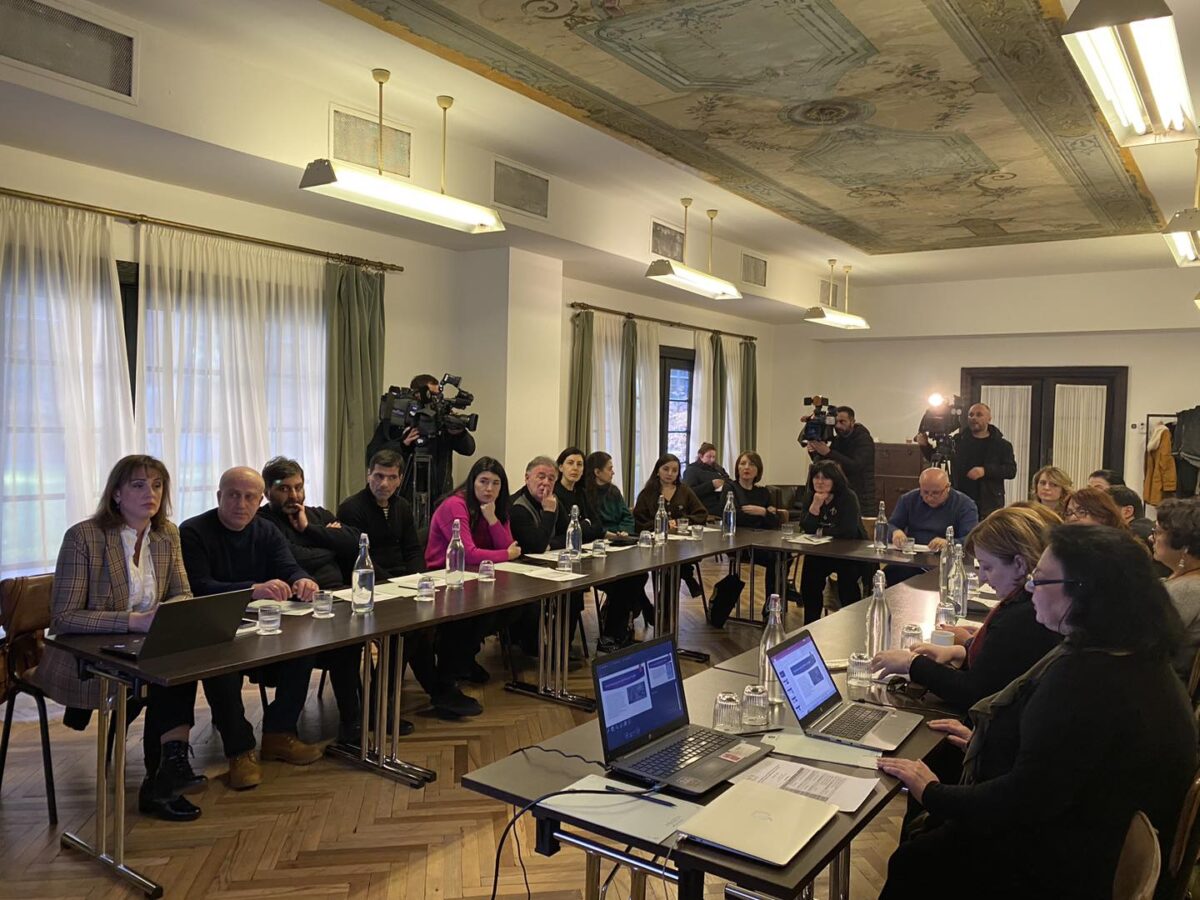REAct expresses its deepest sorrow and outrage over the brutal murder of Kesaria Abramidze, a prominent transgender model and activist, and strongly condemns the passage of anti-LGBTIQ+ legislation in Georgia that threatens the rights and freedoms of key groups.
“The death of Kesaria Abramidze is a clear indication that violence and discrimination against vulnerable communities in Georgia has reached a critical level. Her death, amidst the numerous incidents of violence she has been subjected to over the years, demonstrates how dangerous the climate of intolerance and disregard for the rights of transgender people and the LGBTIQ+ community as a whole is becoming. We call for an immediate, objective investigation into this crime and for those responsible to be brought to justice.” – said Tetiana Deshko, Director of International Programs, Alliance for Public Health.
Kesaria’s tragic death occurred against the backdrop of the anti-LGBTIQ+ legislative package passed by the Georgian Parliament on September 17. This package, hiding behind the rhetoric of protecting “family values,” not only violates the rights of the LGBTIQ+ community but also restricts the basic freedoms of all citizens. The adopted law strengthens censorship and impedes the right to peaceful assembly and demonstration. This opens a dangerous precedent in which the rights of any group can be easily violated, setting the stage for wider repression in the future.
32 non-governmental organizations, as well as the Venice Commission, have condemned the package of laws, stressing that it does not address the real problems faced by families and minors in Georgia – such as poverty, inflation, increased emigration, and problems with access to basic services. The legislation is aimed at manipulating public opinion and creating barriers to Georgia’s European integration. The adoption of these laws is a step backward in the democratic development of the country and demonstrates the authorities’ refusal to fulfill international obligations to protect human rights.
“We appeal to the Georgian authorities to cancel this legislative package and ensure the protection of the rights and freedoms of all citizens, regardless of their gender identity or sexual orientation. These repressive measures, accompanied by an increase in violence, demonstrate systemic human rights problems in Georgia, which requires decisive and immediate action.” – emphasizes Victoria Kalyniuk, REAct System Coordinator for the Eastern Europe and Central Asia region, Alliance for Public Health.
REAct expresses solidarity with Georgia’s LGBTIQ+ community and all those affected by this legislation and continues to stand up for the rights and dignity of key groups in the country and the region.








